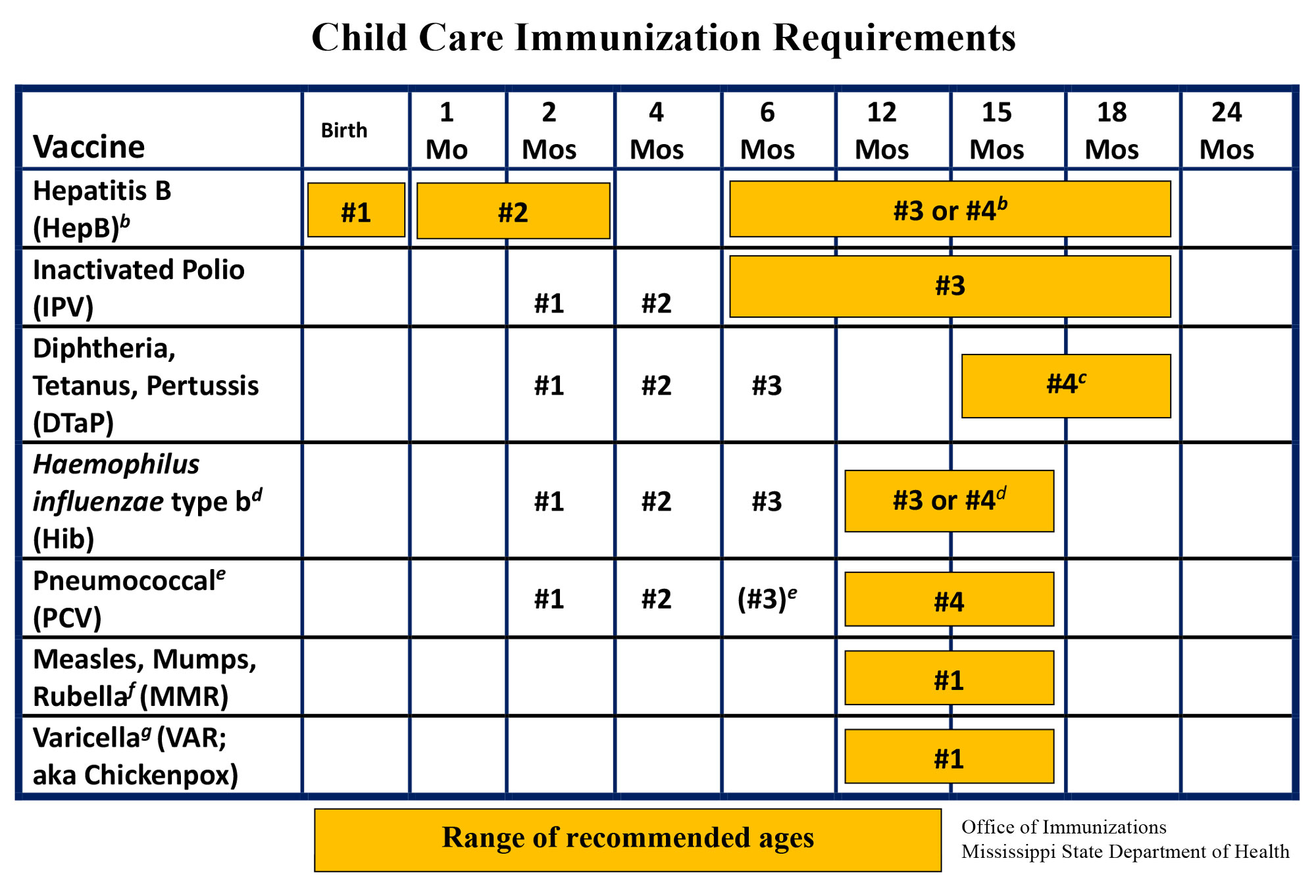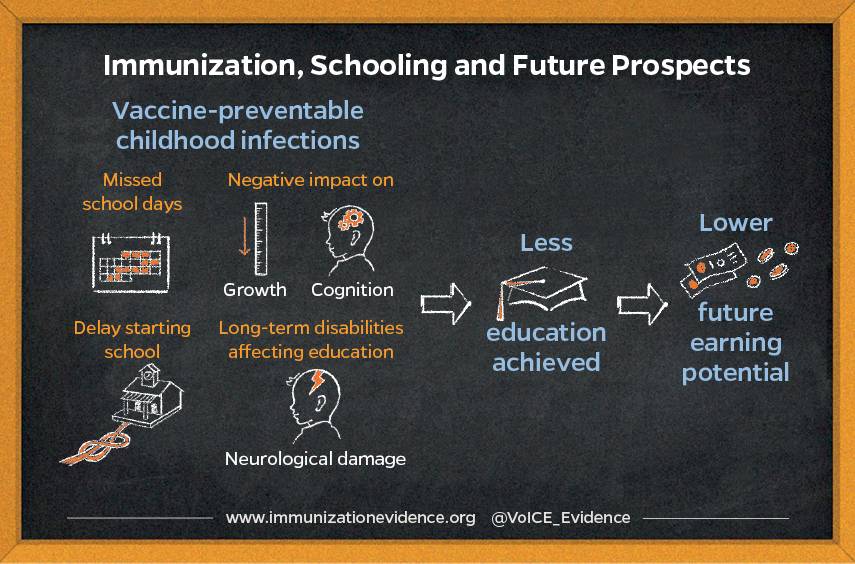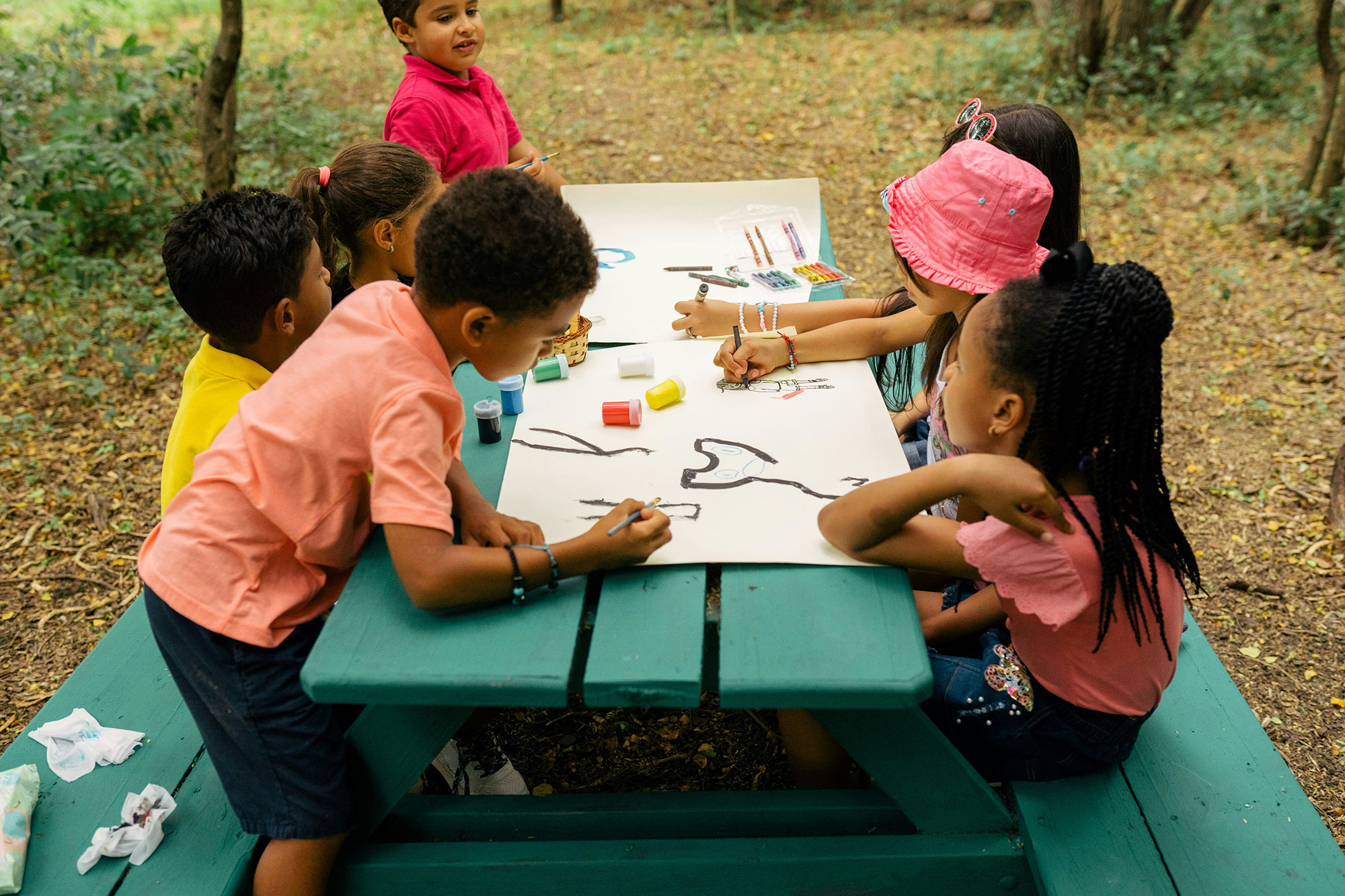By Jakara Guston
Emily Brandon was 8 years old when her mom said something wasn’t right. She looked down and saw a red, crusted-over knot on her hand.
At first, the little girl thought it was just a mosquito bite, something common in Mississippi summers. But within minutes, it felt like it had spread: Her arms, her legs, even the top of her scalp had erupted in a terrible rash. The itching was relentless. She couldn’t sleep, and each new spot stung like a matchhead.
“I just scratched,” Brandon recalls. “My mother tried everything—pink calamine lotion and Aveeno oatmeal baths.”
She eventually learned that her blistered skin and days of agony all came from a common disease: chickenpox, an illness that is largely preventable thanks to vaccines introduced in the 1990s. But Brandon’s recovery, made possible by time rather than medicine due to her unvaccinated status, left lasting physical and emotional scars. Today, as a music educator, business owner and mother of two fully vaccinated children, she is concerned about declining childhood vaccination rates in Mississippi.
Mississippi, once the national leader in ensuring children were immunized before kindergarten, now ranks third in vaccine coverage.
“I would not wish what I went through on any child,” Brandon says. “But we’re headed backwards, especially with all the misinformation out here. It’s dangerous.”
Vaccination Declines and Rising Exemptions
For decades, the Mississippi Free Press reported in January 2025, the state held an almost perfect record in childhood vaccination, thanks to policies that allowed only medical exemptions to vaccination. However, in April 2023, a federal court ruling mandated the state to permit religious exemptions. That policy change marked a turning point in the state’s public-health landscape.
Thousands of families have since taken advantage of “religious exemptions,” which allows a parent to opt-out of vaccinating their child for religious reasons. By 2024, kindergarten vaccine rates dropped to 97.5 percent, still above the national average of 91 percent—but a noticeable decline from 99.3 percent in 2019. Although this may seem a minimal decrease at first glance, experts warn that even small drops in coverage can significantly weaken immunity in communities with vulnerable populations.
“We link to trusted sources, such as the CDC. We use their information as a source of truth, as a source of trusted information,” says Dr. Theresa Kittle, director of epidemiology at the Mississippi Department of Health. She says she works with trusted sources and community and health partners to get the work out about essential vaccinations. “We want Mississippians to know that we are a resource, but so are their health care providers. Having that same message and factual messages (is important) so that they can trust the importance of vaccines.”

Mississippi Today reported in April 2025 that with the rise in exemptions, health officials are preparing “for resurgence in childhood illness amid rise in whooping cough and decrease in vaccination rates.” Cases of whooping cough have already surged across the state.
When vaccine rates falter, preventable illnesses return quickly. The Centers for Disease Control and Prevention said that Mississippi hasn’t seen an in-state measles outbreak since 1992, a triumph of its high vaccination coverage. But other states have seen outbreaks: A Texas community recently recorded two measles-related child deaths.
Meanwhile, whooping cough cases in Mississippi are threatening to rise even further, reversing decades of steady control. Nationally, pertussis cases are now five times higher than just one year ago.
“The Mississippi State Department of Health is seeing an increase in the number of reported pertussis cases,” Kittle says. “As of June 30, 71 pertussis cases had been reported statewide compared to 49 pertussis cases reported in all of 2024.”
The Call for Action
Emily Brandon doesn’t stand alone. Public health officials across Mississippi are voicing concerns about the consequences of rising exemptions and falling vaccination rates.
Andrea Dilworth, the deputy director of External Affairs & Media Relations at the Mississippi Department of Health, stresses the urgency of the issue.
“We know that vaccines are one of the most effective tools we have to prevent disease,” Dilworth says in an interview with the Youth Media Project. “If vaccination levels decline, increased pertussis cases and outbreaks, those who are particularly vulnerable may experience adverse outcomes such as hospitalization and death.”
She emphasized that the Department of Health is working closely with partners across the state to improve education and rebuild trust in science, even setting up a Back to School Immunization Campaign. MSDH is setting aside special days at county health departments to focus on providing required school immunizations.
‘Kids Will Suffer’
When children go unvaccinated, they aren’t just vulnerable to measles, chickenpox and whooping cough; they’re vulnerable to missed school days, medical isolation and developmental setbacks. Data from “The Value of Immunization Compendium of Evidence” show that illness keeps kids out of the classroom and away from consistent learning environments. Fifty percent of absences were due to illness, especially in underfunded districts where recovery resources are already stretched thin.
For younger children, even short-term absences can interrupt foundational academic skills. A child’s future adult earnings can grow by 12% with each additional year of schooling.

Worse, outbreaks in schools lead to fear, misinformation and exclusion, widening gaps between students and those left behind.
Emily Brandon survived chickenpox, but she also carries the memory of pain and longing to be with her peers that no child should have to endure. Her story started with a single, painful bump on her 8-year-old hand, but it cannot end there.
“If we don’t turn this around, kids will suffer,” she warns.
Read more about Youth Media Project student journalist Jakara Guston who wrote this piece during the summer 2025 class.

